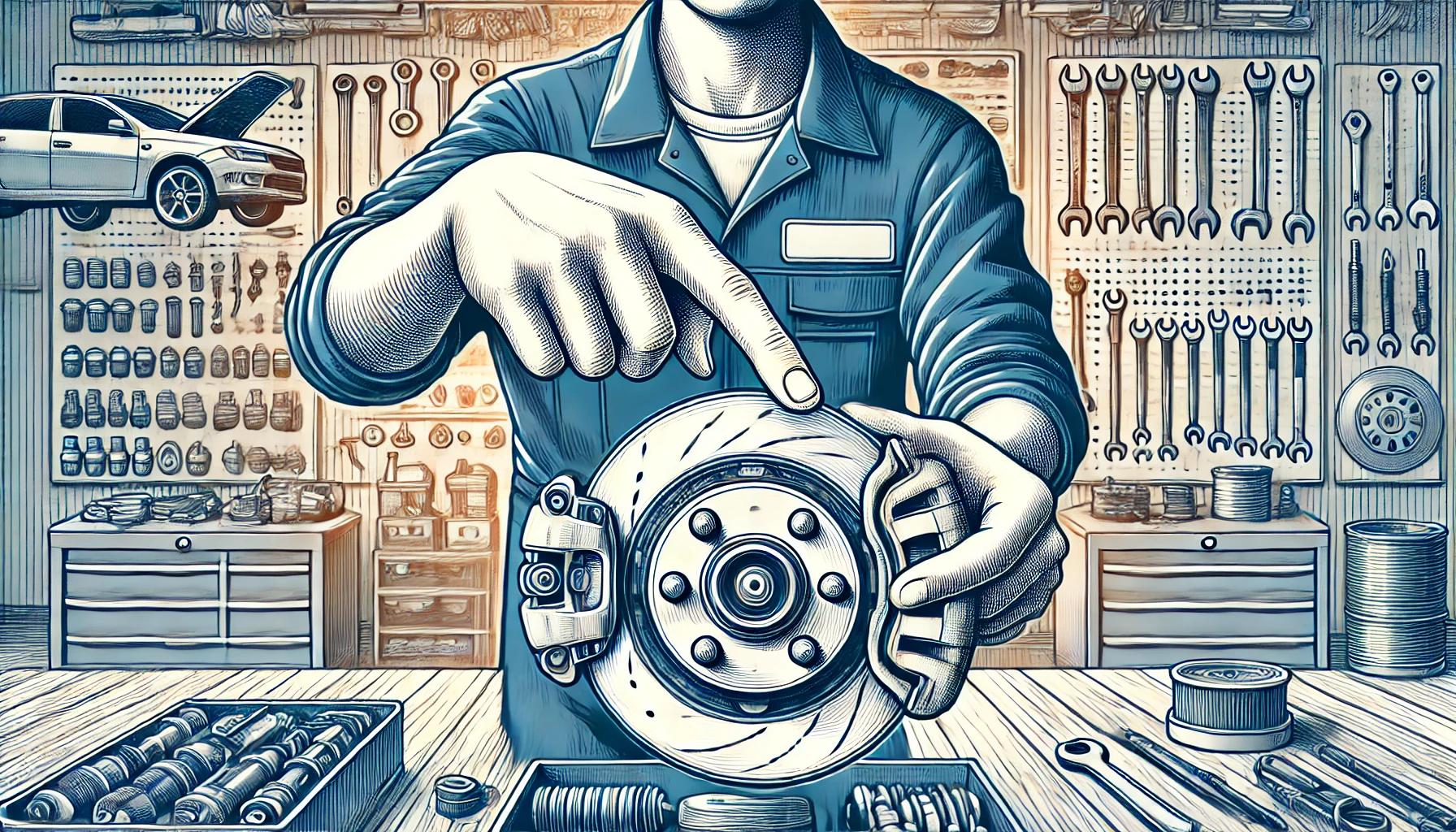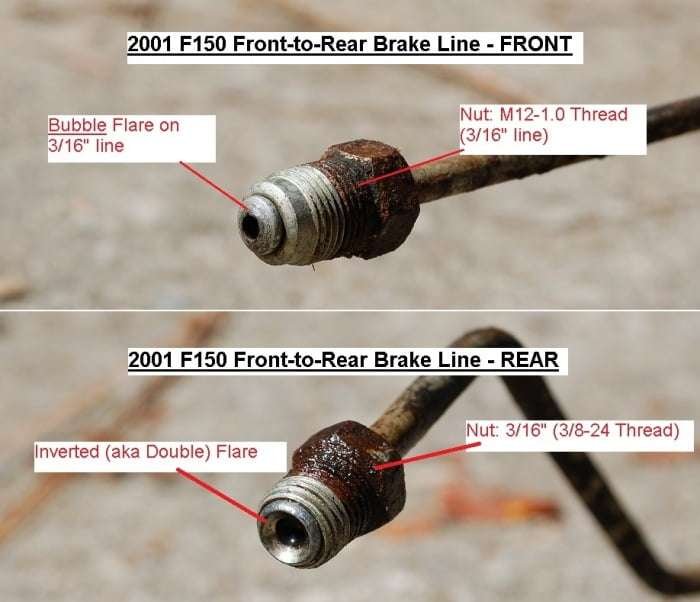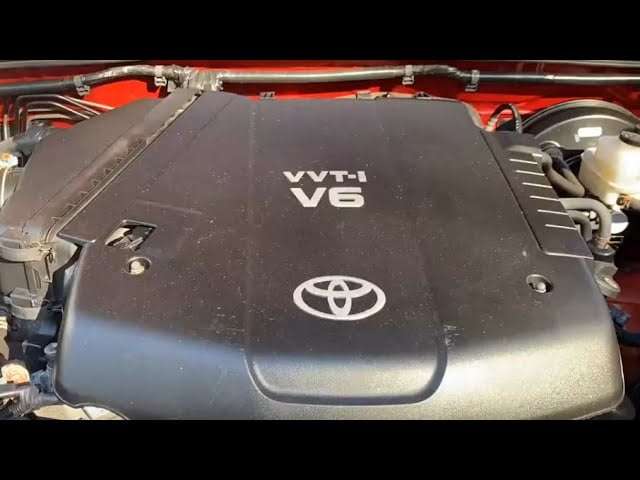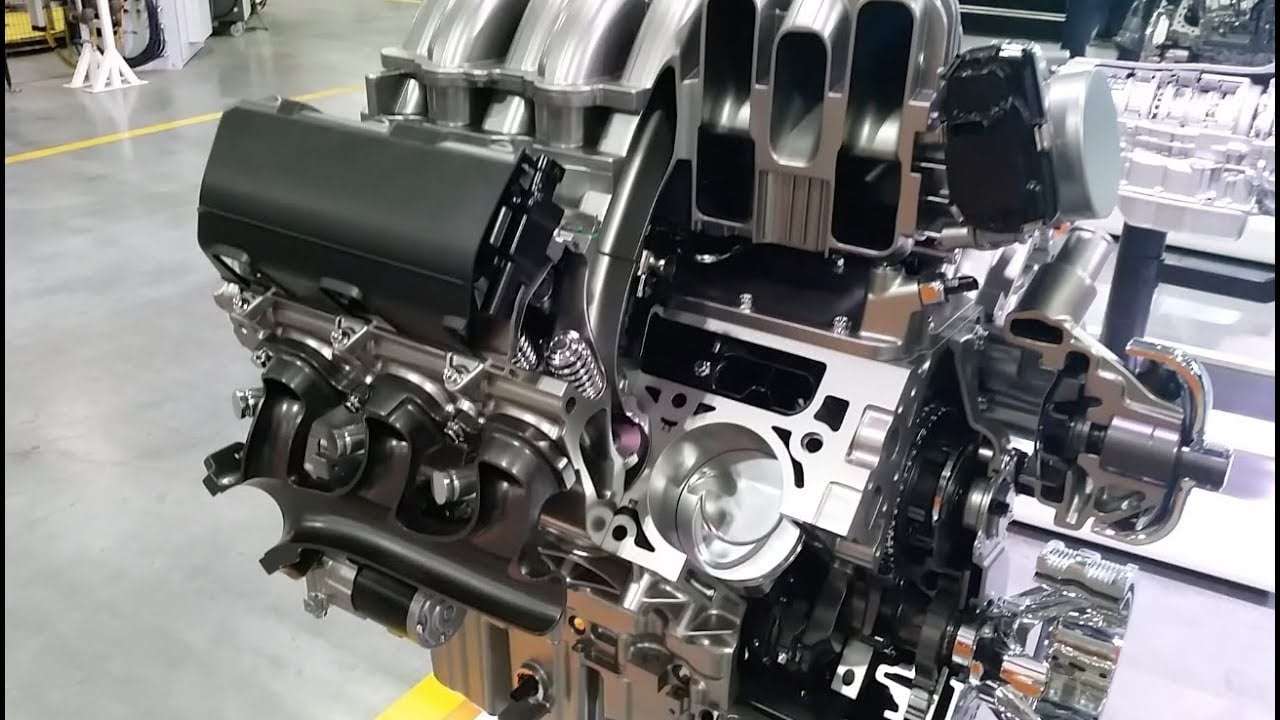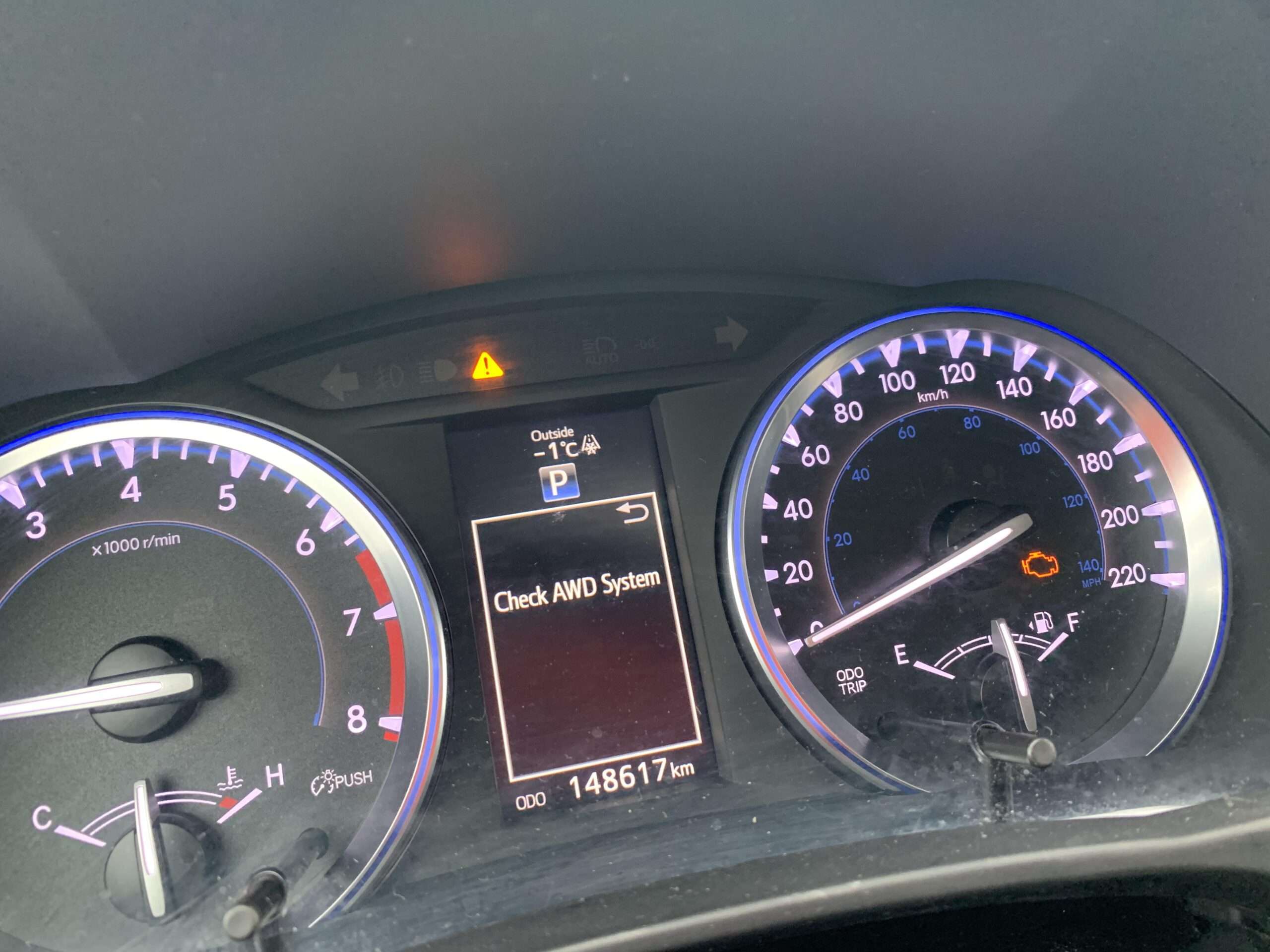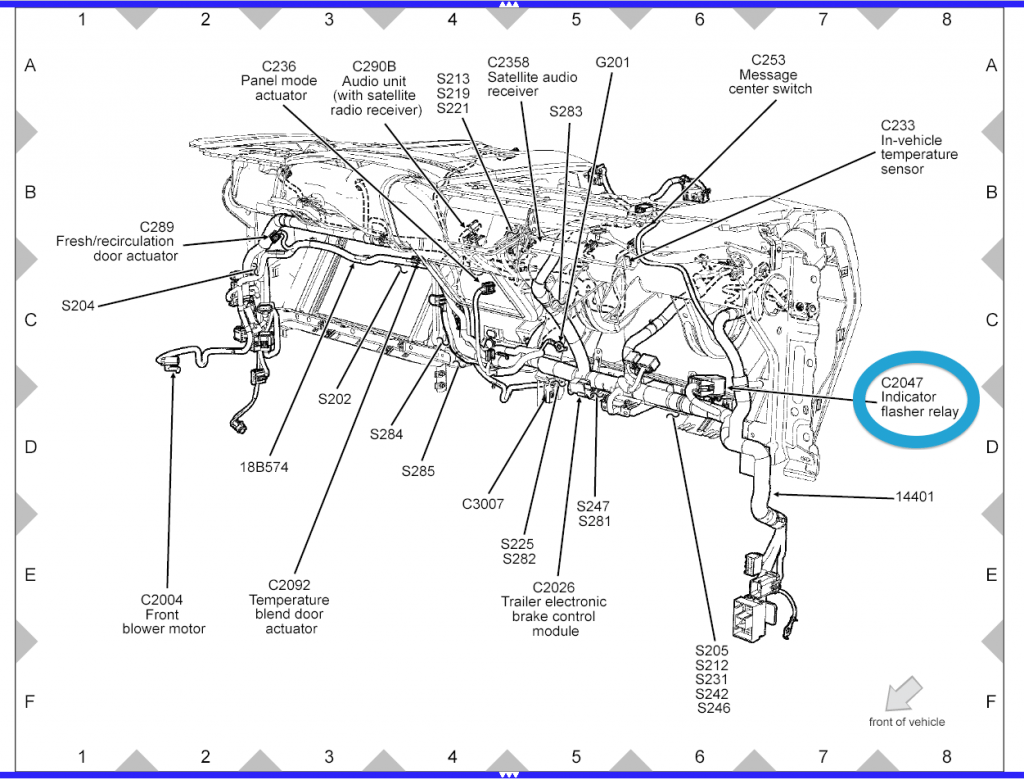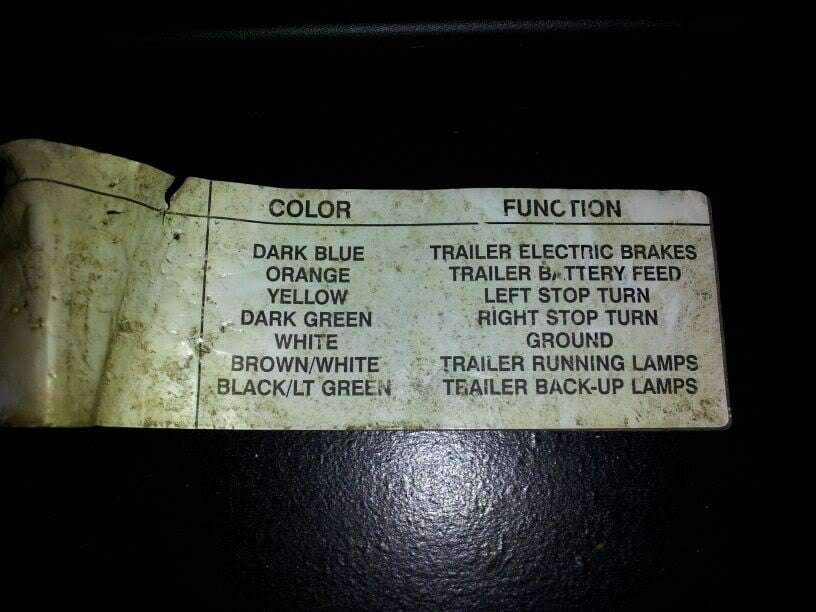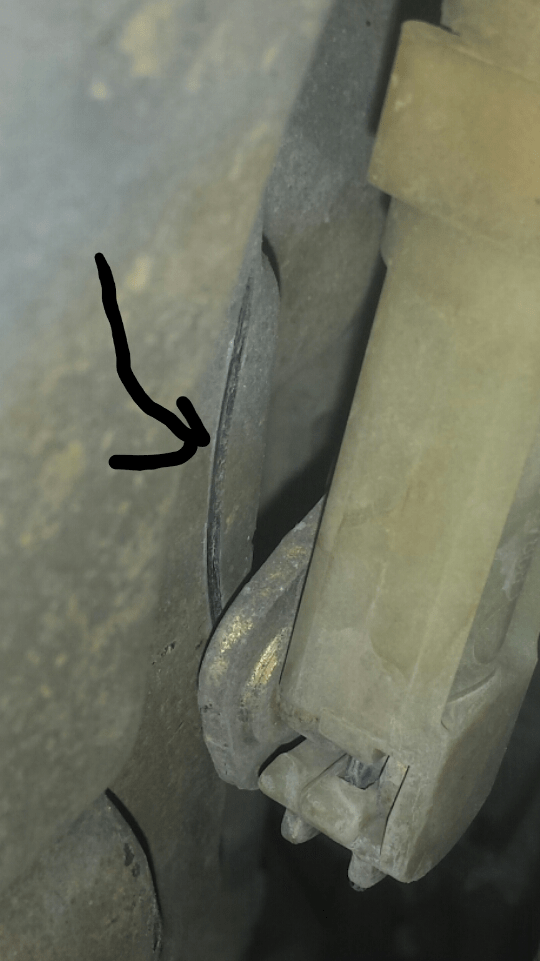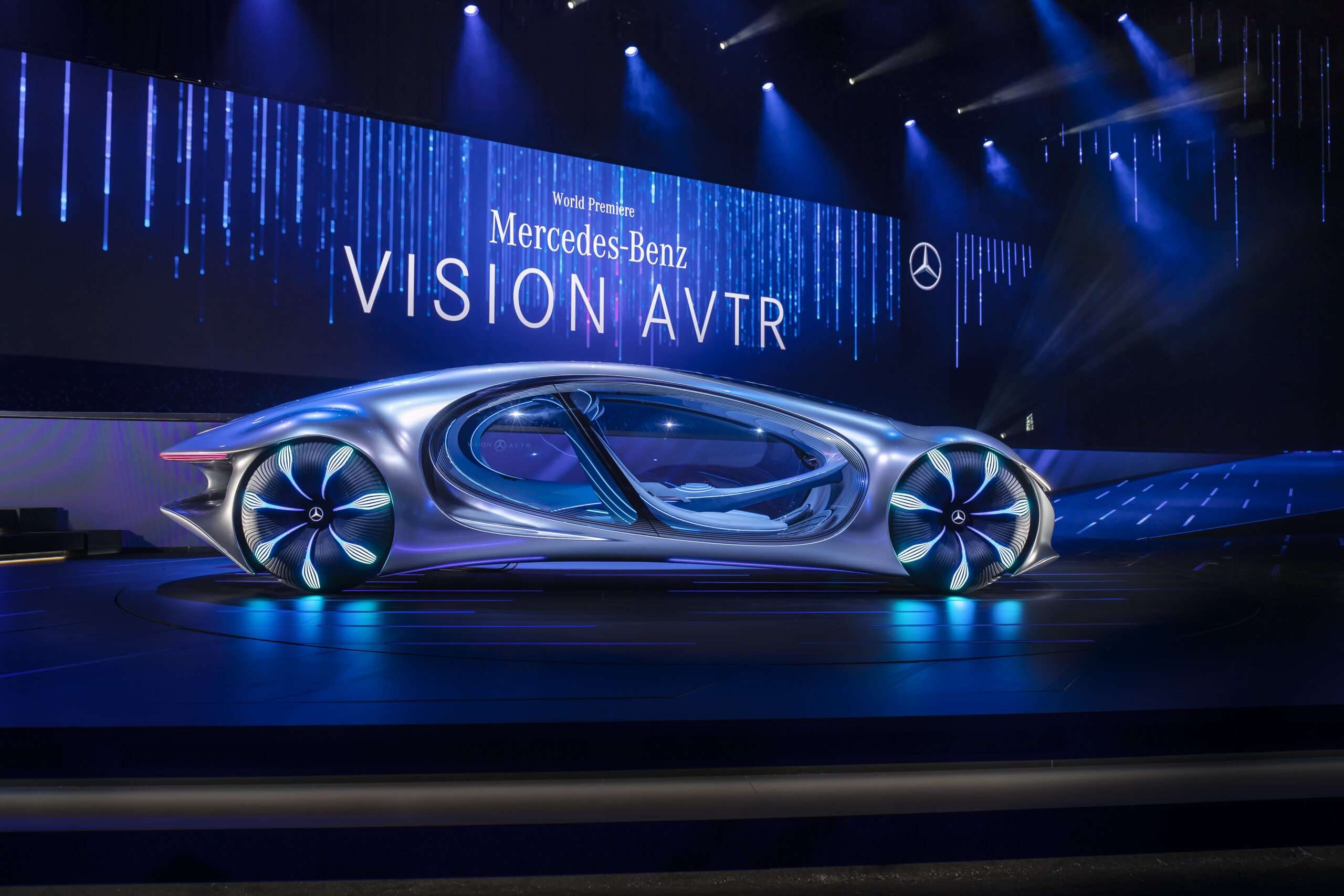To gain a comprehensive understanding of AdBlue DEF, delve into its introduction. Explore the definition and purpose of AdBlue DEF, as it holds the key to effective emission control.
Discover how this solution contributes to reducing harmful nitrogen oxide emissions while enhancing the performance of vehicles.
Definition of AdBlue DEF and its Purpose
AdBlue DEF is a special mix of urea and deionized water. It’s used in SCR (Selective Catalytic Reduction) systems to lower the level of bad emissions from diesel engines.
When it gets injected into the exhaust stream, AdBlue DEF reacts with nitrogen oxides (NOx) to make nitrogen and water vapor. That helps reduce polluting gases.
Diesel fuel creates smog-causing nitrogen oxides. AdBlue DEF is the solution to this problem. It converts nitrogen oxides to harmless substances.
So, using AdBlue DEF lets vehicle owners comply with emission laws and keep the air cleaner.
Plus, AdBlue DEF has other advantages. It freezes at a lower temperature than water. And it’s not dangerous if it’s handled correctly.
Many car makers have added tanks for storing AdBlue DEF, making it easy to fill up.
AdBlue DEF was created in the 1990s when Europe passed stricter anti-pollution laws. Manufacturers had to find a way to reduce the emissions from diesel engines.
Luckily, they invented SCR and adopted AdBlue DEF. It’s now used in diesel vehicles all over the world.
History and development of AdBlue DEF
AdBlue DEF’s history dates back to the late 1990s in Europe, becoming a major part of decreasing diesel vehicle emissions. Significant milestones were:
- 2004 – Euro IV emission standards required SCR systems;
- 2005 – commercially used in heavy-duty vehicles;
- 2010 – Euro VI mandated SCR with AdBlue DEF;
- 2014 – adopted worldwide;
- Now – utilized in many industries globally.
Enhancements to production processes guarantee performance and quality. Ways to maximize AdBlue DEF’s effectiveness:
- Store safely;
- Buy genuine;
- Regular maintenance.
This ensures compliance with regulations & reduces diesel vehicle emissions.
Components of AdBlue DEF
To understand the components of AdBlue DEF, let’s dive into its chemical composition and the role of urea in the solution.
AdBlue DEF consists of specific chemical elements that contribute to its effectiveness. Urea plays a crucial role in the AdBlue DEF solution, but how exactly does it contribute?
Let’s explore these sub-sections to find out more.
Chemical composition of AdBlue DEF
AdBlue DEF is a mix of several chemicals. These are high-purity urea and demineralized water. Urea is an organic compound with nitrogen, which helps reduce harmful emissions.
The combination of urea and water creates a solution that breaks down toxic nitrogen oxides into nitrogen and water vapor.
This composition means AdBlue DEF successfully reduces diesel engine emissions.
The chemical composition of AdBlue DEF is:
| Chemical Name | Chemical Formula |
|---|---|
| Urea | (NH2)2CO |
| Water | H2O |
AdBlue DEF doesn’t have any additives or dangerous materials. This means it’s safe for vehicles and won’t affect engine performance or the environment.
AdBlue DEF also has strict quality control. This ensures the urea used is pure and meets industry standards. This way, each batch of AdBlue DEF has optimal performance.
For best results, keep AdBlue DEF in a cool, dry place away from sunlight. This helps maintain quality and effectiveness. Don’t forget: urea can be useful to save the planet!
Role of urea in the AdBlue DEF solution
Urea has an essential part in the AdBlue DEF mix. It helps reduce the pollution caused by diesel engines. Without urea, AdBlue DEF won’t be as effective.
Let’s explore the role of urea in this solution:
| Component | Role |
|---|---|
| Urea | Converts harmful NOx emissions to harmless N2 and water vapor |
| Distilled Water | Liquid base for the solution. Even distribution. |
| Demineralized Water | Purity. Prevents impurities from damaging SCR system |
Environmental agencies set strict guidelines for using urea in this solution. This ensures that vehicles using AdBlue DEF meet emission standards and contribute to a cleaner environment.
Working principles of AdBlue DEF
To understand the working principles of AdBlue DEF, delve into the AdBlue DEF injection into the exhaust system, the Selective Catalytic Reduction (SCR) process, and how it helps in reducing harmful emissions.
These sub-sections will shed light on the solutions offered by AdBlue DEF for cleaner and more eco-friendly vehicle emissions.
AdBlue DEF injection into the exhaust system
Let’s take a closer look at the process of AdBlue DEF injection into the exhaust system. It is stored in a special tank in vehicles with Selective Catalytic Reduction (SCR) technology.
When needed, a small amount is injected into the exhaust through a dosing module.
The hot gases make the AdBlue DEF break down into ammonia and carbon dioxide. The ammonia then combines with nitrogen oxides in the presence of a catalyst, changing them into harmless nitrogen and water.
This happens in the SCR catalytic converter. The exhaust gases, now with lower harmful emissions, come out of the tailpipe.
AdBlue DEF injection systems regulate the amount of fluid injected according to engine load, exhaust temperature, and NOx sensor feedback. This guarantees optimal performance and meets emission standards.
And, an article published by “Automotive Testing Technology International“ revealed that AdBlue DEF can reduce NOx emissions by up to 90%. This leads to a cleaner environment and better air quality.
SCR processes with their AdBlue DEF potion are like superheroes, helping the planet with their magical powers.
Selective Catalytic Reduction (SCR) process
Selective Catalytic Reduction (SCR) is a chemical reaction system used in diesel vehicles to help reduce nitrogen oxide emissions (NOx). AdBlue DEF, a non-toxic compound, is injected into the exhaust gases before they enter the catalytic converter. It reacts with NOx molecules, turning them into nitrogen gas and water vapor.
AdBlue DEF is stored in a separate tank in the vehicle. The dosing unit carefully measures the amount injected for optimal NOx reduction. The catalyst, made up of metals such as platinum and rhodium, is part of the catalytic converter and helps to convert NOx into nitrogen and water.
An advantage of SCR technology is it works under different engine operating conditions. Whether idling or under load, SCR can convert a high percentage of NOx.
AdBlue DEF is not a fuel additive or combustion catalyst; it works solely with SCR systems.
As environmental regulations and air quality become more important, SCR technology is essential for modern diesel engines. According to Frost & Sullivan, SCR systems are set to dominate the automotive after treatment market due to their superior performance with NOx emissions. AdBlue DEF: Saving the environment!
Reducing harmful emissions with AdBlue DEF
AdBlue DEF reduces harmful emissions. Let’s check out its components and functions. Diesel fuels the engine. SCR Catalyst changes NOx into harmless nitrogen and water. AdBlue DEF is a urea-based solution. The injection system ensures exact amounts of AdBlue DEF get into the exhaust stream.
The SCR Catalyst is key for the emission reduction process. Diesel burning produces NOx, which is bad for health and environment. The injection system helps AdBlue DEF react with NOx. This reaction changes NOx into nitrogen and water vapor. This decreases bad emissions into the atmosphere.
It’s important to use genuine AdBlue DEF and compatible SCR system. This helps air quality and protects our planet. Make a conscious choice today! Use AdBlue DEF to reduce emissions. Join us in creating a cleaner environment. Take action and become part of the positive change. Don’t miss out on the opportunity to make a difference! AdBlue DEF wakes up your vehicle like a triple espresso wakes you up on Monday.
Benefits of using AdBlue DEF
To make the most of the benefits of using AdBlue DEF, let’s explore the advantages it brings to the table. The environmental advantages of AdBlue DEF and the efficiency improvements it offers in diesel engines are the key highlights to be discussed in this section.
Environmental advantages
Text:
AdBlue DEF brings several environmental benefits:
- Reduced nitrogen oxide emissions,
- Improved air quality,
- Compliance with regulations,
- Preservation of ecosystems, and
- Fuel efficiency enhancement.
Plus, it increases engine performance and longevity.
To get the most from it, follow these steps:
- Buy from reputable suppliers.
- Follow dosage guidelines.
- Store in a cool, dry place.
- Check the tank regularly.
- Refill at specialized stations.
- Avoid contaminated solution.
AdBlue DEF helps us make a cleaner and more sustainable future for generations to come. It’s the perfect duo for a smoother ride, cleaner emissions, and fewer guilty looks!
Efficiency improvements in diesel engines
Diesel engines provide amazing efficiency gains. Fuel combustion optimization ensures every drop of fuel is used properly. Friction reduction minimizes energy loss due to engine parts rubbing against each other. This results in increased overall efficiency.
Power output allows diesel engines to deliver better performance while maintaining fuel consumption rates. This provides better acceleration, even when carrying heavy loads. Plus, diesel engines provide superior torque compared to gasoline engines. This means greater pulling power and improved performance in tough conditions.
Manufacturers have invested in R&D to maximize the potential of diesel engines. Turbocharging technology and injection systems are just two examples of this. These advancements make modern diesel engines an economical choice for transportation, agriculture, construction, and marine industries.
Refilling AdBlue DEF tanks is now simpler than ever. Diesel technology is continuously improving, providing greater efficiency without compromising on performance or reliability.
AdBlue DEF usage and refilling process
To ensure smooth usage and refilling of AdBlue DEF, familiarize yourself with the AdBlue DEF tank and nozzle system. Additionally, proper handling and storage of AdBlue DEF are essential. These two sub-sections provide valuable insights into how to effectively utilize and maintain AdBlue DEF for optimal vehicle performance.
AdBlue DEF tank and nozzle system
The AdBlue DEF tank and nozzle system is key to refilling. It lets AdBlue fluid flow into the vehicle’s SCR system with precision. This system has a dedicated tank in the vehicle, a special nozzle to connect the AdBlue pump, and a flow control valve to regulate the flow rate.
Moreover, it ensures quality, prevents spillage, minimizes waste and aids environmental sustainability. The design may vary for different vehicles, so it’s best to check the manual or get expert help.
It’s a fact that vehicles with an efficient AdBlue DEF tank and nozzle system reduce emissions and lead to cleaner air. Store AdBlue DEF properly or else your truck might get a wild makeover!
Proper handling and storage of AdBlue DEF
Text:
Store AdBlue DEF in a cool, dry place. Away from direct sunlight and extreme temperatures. Use designated containers and dispensing equipment to prevent contamination. Never mix AdBlue DEF with other substances. Avoid contact with petroleum-based products. Ensure proper sealing of containers to avoid evaporation. Inspect and maintain storage systems to meet the standards.
AdBlue DEF usage is popular in modern diesel vehicles. This is because it reduces harmful emissions. Emission regulations are getting stricter, so demand for AdBlue DEF is increasing.
AdBlue DEF was first used in Europe in 2000s to tackle air pollution. It’s been successful and is now used across different continents. It has reduced nitrogen oxide emissions significantly.
Frequently asked questions about AdBlue DEF
To understand frequently asked questions about AdBlue DEF, delve into its compatibility with different vehicle models and the availability and accessibility of AdBlue DEF.
Compatibility with different vehicle models
Table shows a few examples:
- Mercedes-Benz C-Class – Compatible? Yes
- BMW X5 – Compatible? Yes
- Audi A4 – Compatible? Yes
- Ford Focus – Compatible? No
- Toyota Camry – Compatible? No
But, there are more models out there. So, always check vehicle manual or contact manufacturer for accurate info.
Plus, vehicles with advanced emission control systems like SCR (Selective Catalytic Reduction) probably work with AdBlue DEF. These systems need AdBlue DEF to lower Nitrogen Oxides emissions, and meet environmental regulations.
Finding AdBlue DEF is tough, but, you’ll get a hint of lemony freshness!
Availability and accessibility of AdBlue DEF
The availability and accessibility of AdBlue DEF, the diesel exhaust fluid, is vital for vehicle owners with SCR technology. It’s easily found from various sources – fuel stations, automotive stores, online platforms and vehicle dealerships. To make it even more accessible, manufacturers offer packaging options such as jugs and drums, as well as refilling services at their authorized service centers or specific locations. Plus, some offer apps or online portals where users can locate nearby retailers or service centers with AdBlue DEF.
Overall, manufacturers and suppliers have made AdBlue DEF conveniently obtainable. According to ‘Automotive News’, demand has risen due to stricter emissions regulations worldwide – so don’t be left in the dark, stock up on AdBlue DEF!
Conclusion and future prospects of AdBlue DEF
AdBlue DEF, a solution for diesel vehicles, has bright prospects in the automotive sphere. It brings significant benefits and chances for the future of clean emissions tech. Here’s a quick look at the end and potential possibilities:
- Efficient Emission Reduction: AdBlue DEF is highly successful in cutting hazardous nitrogen oxide (NOx) emissions. Its use guarantees compliance with tough emission standards and clears the way for better air quality.
- Growing Demand & Embrace: With an ever-growing concentration on environmental sustainability, the demand for AdBlue DEF is expected to surge. Governments tightening regulations mean more vehicle makers incorporating this tech into their designs. This results in reduced pollution levels across the world.
- Tech Developments: Ongoing research and development plans aim to improve AdBlue DEF systems’ effectiveness and broaden their application scope. Innovations may include smaller catalyst solutions, better dosing methods, or even more eco-friendly alternatives.
- Global Expansion: AdBlue DEF already has widespread adoption throughout Europe and North America. However, its popularity is now extending to other regions like Asia-Pacific and Latin America. This indicates a possible global market extension for AdBlue DEF products.
- Joint Efforts: Multiple stakeholders, including governments, automakers, and fuel suppliers, are joining forces to promote AdBlue DEF usage. Such collaborations stimulate innovation, standardization, and cost optimization of this valuable emission control solution.
Besides these points, it’s important to note that proper maintenance of AdBlue DEF tanks is essential for ideal performance. Regular checks on the fluid level are essential for vehicles to meet emission standards constantly.
To enhance the future prospects of AdBlue DEF more:
- Awareness Campaigns: Educating consumers about the advantages of using AdBlue DEF can drive its demand further. Informative campaigns showing its positive impact on both environmental protection and long-term cost savings can create a sense of responsibility among vehicle owners.
- Infrastructure Development: Widespread availability of AdBlue DEF filling stations is vital for its usage. Governments and private entities should collaborate to construct a comprehensive refueling network, guaranteeing convenient access for vehicle owners.
- Incentives & Regulations: Governments can motivate the adoption of AdBlue DEF by offering incentives such as tax breaks or subsidies on vehicles fitted with this tech. At the same time, stricter emission regulations can push automakers to integrate AdBlue DEF systems.
With these recommendations in place, the wide acceptance and utilization of AdBlue DEF will add significantly towards achieving cleaner air quality and a greener future. It is essential that all stakeholders continue their joint efforts to maximize the potential of this innovative solution.
Frequently Asked Questions
Q: What is AdBlue DEF?
A: AdBlue DEF is a solution made up of water and urea that is used in diesel engines to reduce emissions of harmful nitrogen oxides (NOx).
Q: How does AdBlue DEF work?
A: AdBlue DEF is injected into the exhaust system of a diesel engine, where it interacts with the exhaust gases to convert NOx into harmless water and nitrogen.
Q: Do all diesel engines require AdBlue DEF?
A: No, not all diesel engines require AdBlue DEF. However, many modern diesel engines built since 2014 have been designed to use AdBlue DEF as part of their emission control system.
Q: Is AdBlue DEF harmful to the environment?
A: No, AdBlue DEF has been certified as safe for the environment. Its components – water and urea – are non-toxic and biodegradable.
Q: How often do I need to refill AdBlue DEF?
A: This depends on the make and model of your vehicle, as well as your driving habits. Generally, AdBlue DEF refills are needed every 7,500 to 10,000 miles.
Q: Where can I buy AdBlue DEF?
A: AdBlue DEF can be purchased at many truck stops, service stations, and auto parts stores. It is also available for purchase online.

